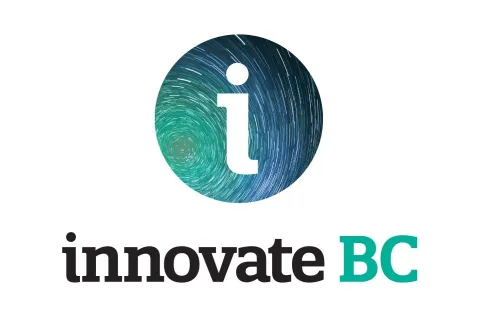UBC Applied Science projects receive commercialization support from Innovate BC

Two research and development projects co-led by UBC Applied Science researchers have been awarded funding through Innovate BC's Ignite program.
Dr. Bern Klein, a mining engineering professor, and Dr. Shahriar Mirabbasi, a professor of electrical and computer engineering, will use the support to commercialize mining and robot technologies that solve existing industry problems and will provide significant benefits to British Columbians.
The projects are being carried out in collaboration with industry partners. Launched in 2016, the Ignite program aims, among other things, to advance market-driven research and development, to strengthen strategic academic-industry partnerships and to support talent development and training of high-caliber personnel in the applied sciences.
This year, Innovate BC awarded $1,075,000 to four projects in BC.
"With collaboration at the forefront, these teams are producing technologies that will help protect the environment, stimulate the economy and improve health and safety for people throughout BC," said Ravi Kahlon, Minister of Jobs, Economic Recovery and Innovation in Innovate BC's announcement. "The Ignite Awards showcase the innovation and achievement of the phenomenal people that continue to drive BC’s tech sector forward.”
The two UBC-affiliated projects are:
Transcritical CO2 Rock Pulverization (award amount: $300,000)
Partners: Dr. Bern Klein, University of British Columbia; Chuck Lee, Rockburst Technologies Inc.; Richard MacKellar, Chrysalix Venture Capital Fund
This project is developing a rock comminution processing system that deploys a first-of-a-kind approach in comminution. It aims to improve efficiency, GHG reductions, achieve operational simplicity and minimize environmental impact.
Contact-based inspection using tethered flying robots (award amount: $300,000)
Partners: Dr. Shahriar Mirabbasi, University of British Columbia; Dr. Reza Tavakoli, Avestec Technologies Inc.; Dr. Pouya Kamalinejad, Avestec Technologies Inc.
Traditional industrial asset inspection methods are unsafe, expensive and time consuming. This project is developing tethered flying robots for contact-based inspection to eliminate health hazards and risks to human operators and to reduce time and cost of inspection.